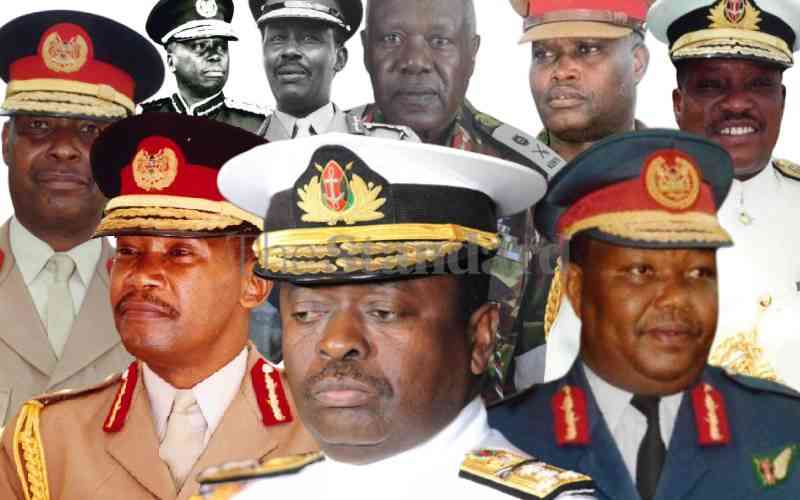×
The Standard e-Paper
Stay Informed, Even Offline

Napoleon Bonaparte had great influence in the world. Besides spreading French Revolutionary ideals in Europe and arousing deep anti-French nationalism leading to his 1815 defeat at Waterloo, he reformed French institutions.
He wanted, using knowledge as a strategic weapon, excellence in all types of fields and so he instituted special awards, among them the Knight of Napoleon.